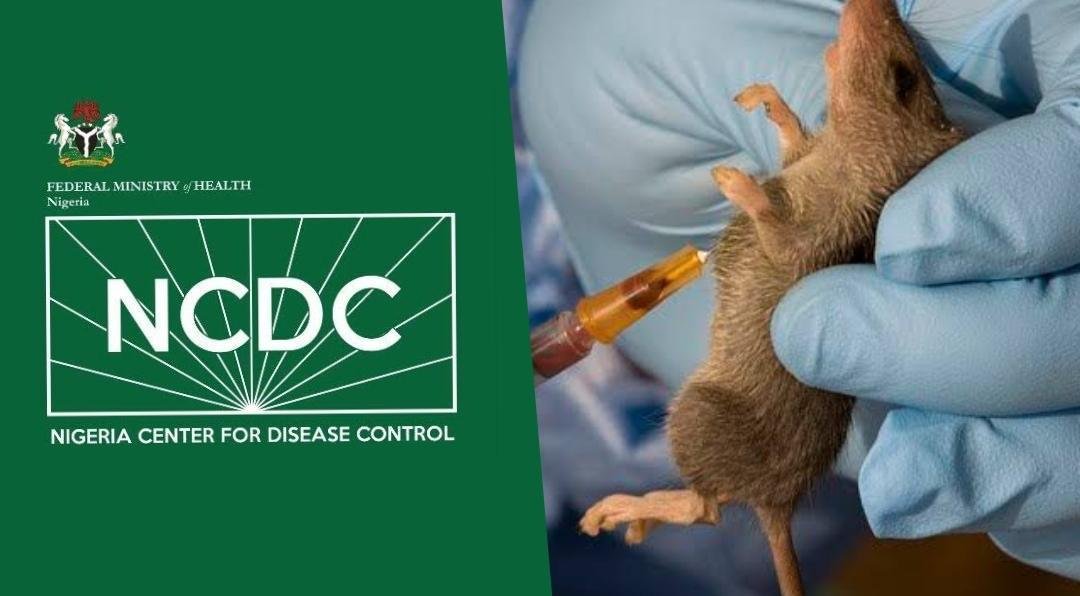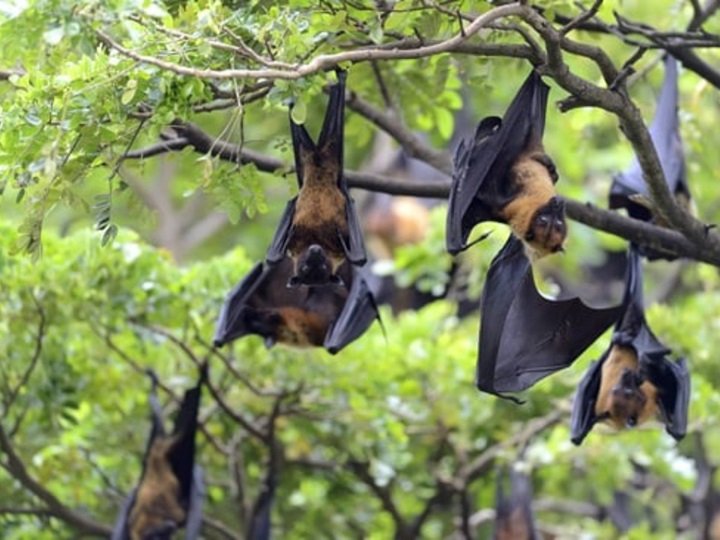LASSA FEVER OUTBREAK: ONDO STATE LEADS AS NCDC CONFIRMS 145 DEATHS IN NIGERIA

The Nigeria Centre for Disease Control and Prevention (NCDC) has reported that Ondo State accounts for the highest share, 31%— of all confirmed Lassa fever cases in Nigeria so far in 2025, as the nationwide death toll from the virus has surged to 145 by the end of the 25th epidemiological week, covering June 16 to 22.
In its latest situation report, the agency revealed that 5,943 suspected cases have been documented this year, with 781 laboratory-confirmed, noting that 197 suspected and 10 confirmed cases were recorded in the most recent week alone, an increase from the eight cases confirmed the previous week.
These new infections were traced back to Ondo and Edo States, as the NCDC explained that the 18.6% Case Fatality Rate (CFR)—a rise from 17.6% during the same period in 2024—is primarily driven by delayed case presentation, poor health-seeking behaviours, and low awareness, especially in communities bearing the heaviest burden of the disease.
Officials stated that five states—Ondo, Bauchi, Edo, Taraba, and Ebonyi—together account for 91% of all confirmed infections, with Ondo State alone making up nearly a third. They added that 20 states and 101 Local Government Areas have reported at least one confirmed case since the beginning of the year.

According to the report, the most affected demographic group is individuals aged 21 to 30, with a median age of 30, and a male-to-female infection ratio of 1:0.8. While no new infections among healthcare workers were recorded during the week under review, the NCDC confirmed that 23 health workers have been infected so far in 2025.
In terms of response, the agency said it is leading a multi-sectoral Technical Working Group to manage the outbreak, involving stakeholders in intensified surveillance, case management, contact tracing, and risk communication. It also pointed to ongoing clinician sensitisation sessions, distribution of medical supplies, and the rollout of an e-learning platform for infection prevention and control (IPC), developed in partnership with organizations including WHO, UNICEF, ALIMA, and Georgetown University.
The NCDC concluded by emphasizing that while efforts are ongoing, improved environmental sanitation, early reporting of symptoms, and widespread community education remain critical to curbing the spread of Lassa fever, which it described as a persistent public health threat in Nigeria.









